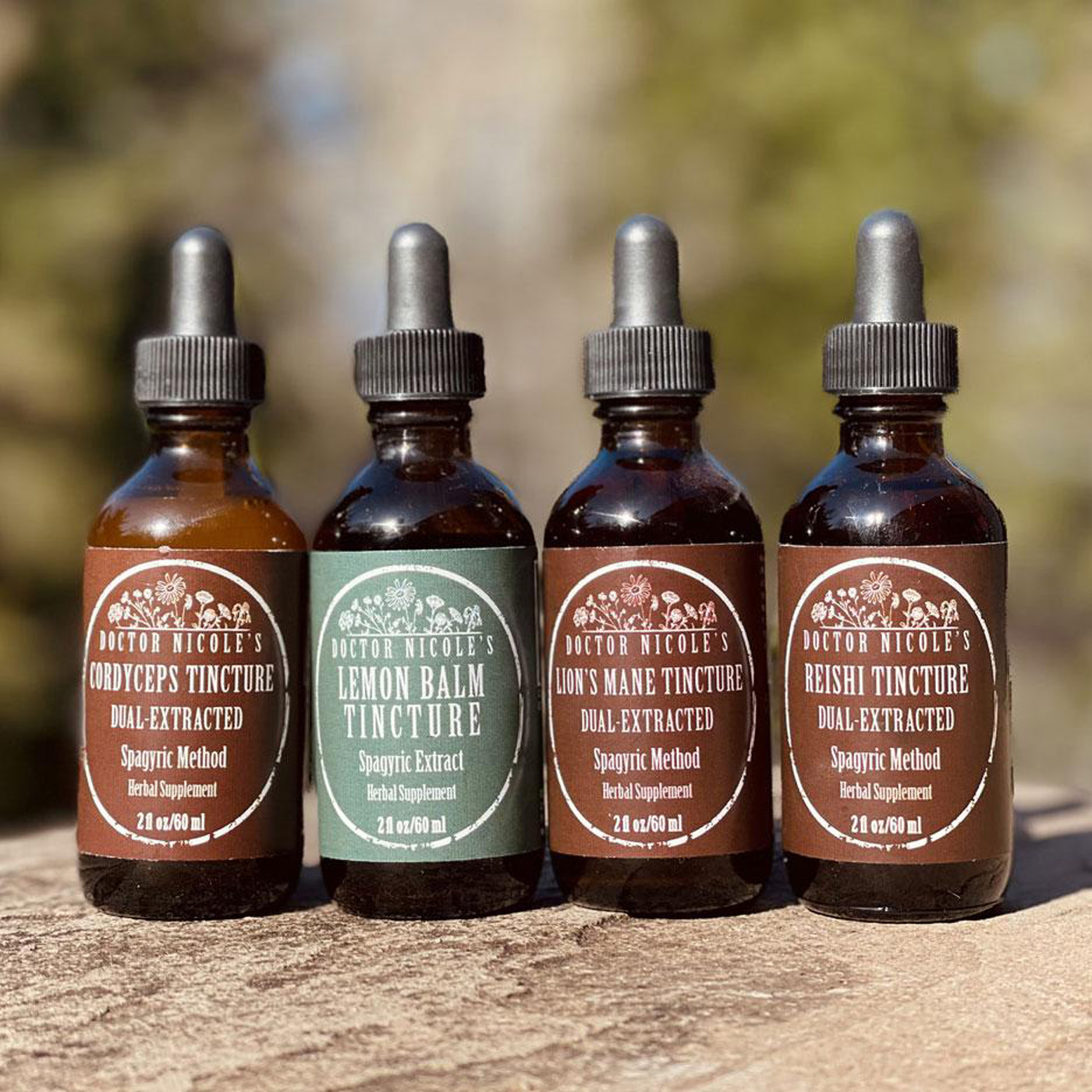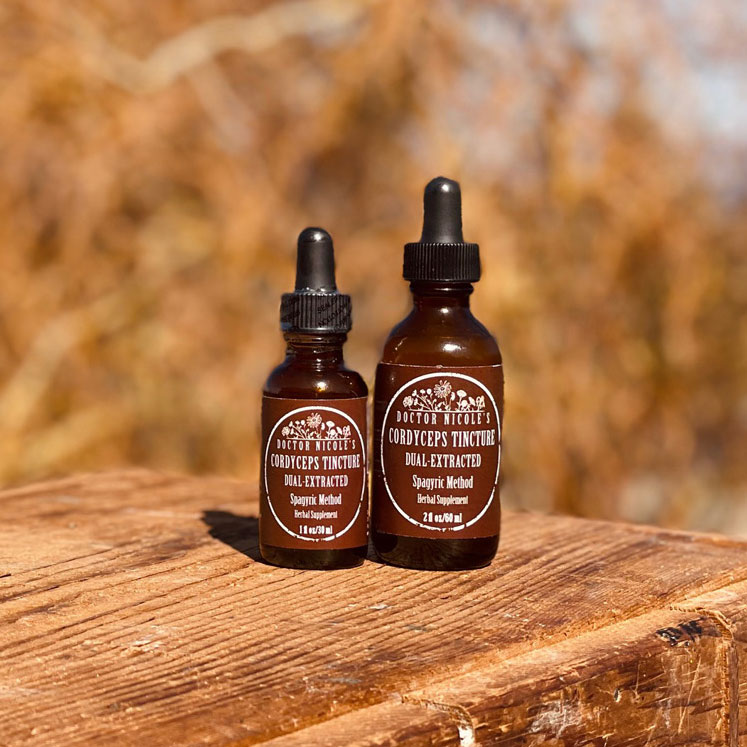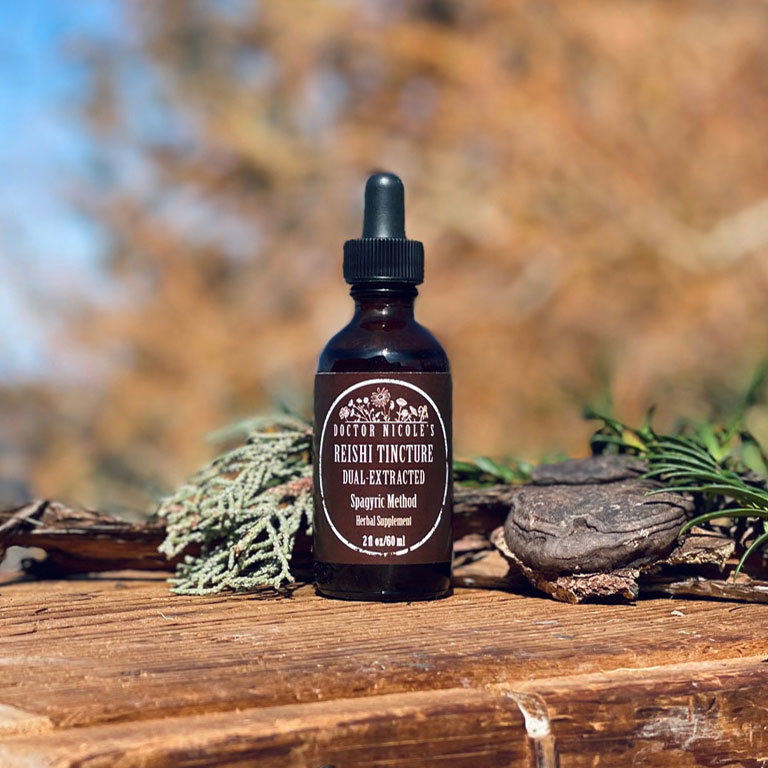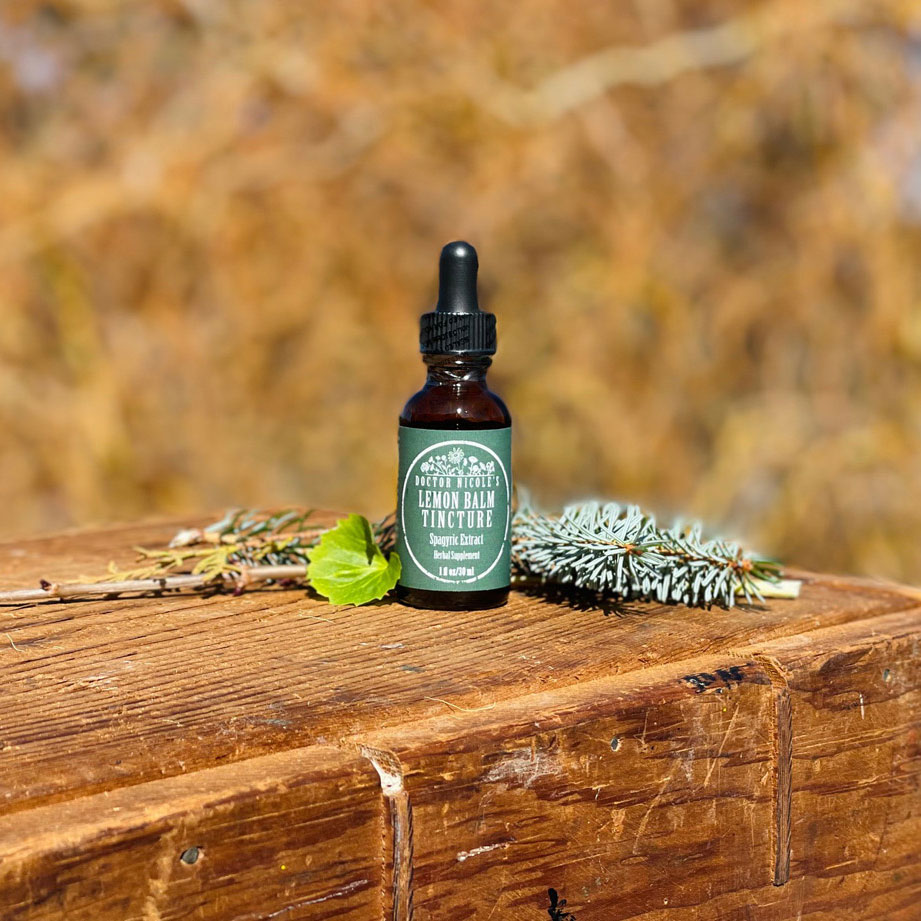Cooling Inflammation and Reducing Neurodegeneration
In one of the longest and largest brain MRI trials in the world, researchers discovered that the new green Mediterranean diet is one of the best ways to promote brain health and reduce neurodegeneration by lowering inflammation and reducing brain atrophy. Additionally, they found that a green-Med diet also significantly improved insulin sensitivity. Need another reason to embrace the diet? It also can help you to lose weight.
Brain Health & Diet: A Compelling New Study
Research published in The American Journal of Clinical Nutrition found that a green-MED diet is superior for reducing age-related brain atrophy — even more so than a traditional Mediterranean diet.2 Two hundred eighty-four men and women (88% men) aged 31-82 were assigned one of three diets: a healthy dietary guidelines group, a Mediterranean diet group, and a green Mediterranean diet. The Mediterranean diet group was given additional walnuts high in polyphenols, while the green-MED group received 3-4 cups of green tea/day as well as a daily green shake made with Mankai duckweed for dinner and very limited red and processed meat. All three groups were involved in aerobic exercise programs with free gym memberships.
The Ben-Gurion University of the Negev, Israel led the study. Over the course of 18-24 months, the researchers examined MRI images of the study participants. What they found was startling: dramatic chances in brain atrophy in both Mediterranean groups with the green-MED group experiencing the most improvement, particularly in those aged 50 years and older. It is the first study to show definitively that age-related brain atrophy can be influenced by diet.
“The beneficial association between the green Mediterranean diet and age-related neurodegeneration might be partially explained by the abundance of polyphenols in plant-based food sources which have antioxidant and anti-inflammatory metabolites. Polyphenols can cross the blood-brain barrier (BBB), reduce neuroinflammation, and induce cell proliferation and adult-onset neurogenesis in the hippocampus,” writes Prof. Iris Shai, the lead author.”1
Dr. Alon Kaplan of Ben-Gurion University adds, “Our findings might suggest a simple, safe, and promising avenue to slow age-related neurodegeneration by adhering to a green-Mediterranean diet.”1

Green Mediterranean 101
If you would like to adopt a green-MED diet to improve brain health, blood sugar, weight, and more, it is a straightforward affair. Here are a few tips to get you started.
The Mediterranean Diet has long been known to be exceptional for promoting health and is particularly beneficial for the cardiovascular system and protecting against age-related disease. Studies have shown that “[c]onsuming a Mediterranean diet rich in minimally processed plant foods has been associated with a reduced risk of developing multiple chronic diseases and increased life expectancy.”3 Randomized clinical trials have repeatedly found that the diet helps to prevent heart disease, type 2 diabetes, atrial fibrillation, and breast cancer via lipid lowering effects; protection against oxidative stress; modification of hormones and growth factors involved in cancer; specific amino acid restriction; and gut microbiota improvements.3 It also helps you to drop excess weight and reduce belly fat.4 What’s not to love?
A traditional Mediterranean Diet is based on a wide-variety of vegetables and greens (including those of the wilder sort), whole grains, legumes, fruit, low-fat dairy (raw is preferable), meat and fish, along with healthy fats from nuts and olive oil.
How is a green-MED diet different?
For this new and improved Mediterranean Diet, you will want to limit animal products. It is essentially what those who live in the Blue Zones eat. These are communities of people around the world who have some of the longest lifespans known. Not only that, but they are exceedingly healthy and generally avoid cardiovascular disease, diabetes, obesity, and cancer.
For the green-MED diet, you can enjoy moderate amounts of seafood, wild-caught fish, and dairy. But red meat and processed meats are off-limits. The green-Med diet also includes 3-4 cups of green tea per day as well as 100 grams of Mankai duckweed, which is a high-protein aquatic plant, blended into a smoothie. You will also want to consume about an ounce of walnuts daily. The focus is on unprocessed, whole foods that are preferably organic. Better yet, grow the fruits and vegetables yourself for additional health perks.
Herbal Support for a Better Brain
In addition to a green Mediterranean diet, several botanicals are outstanding for enhancing brain health and helping to prevent neurological disorders. This is why I created our easy-to-use Brain Bundle. It includes dual-extracted, fruiting body tinctures of Cordyceps, Lion’s Mane, and Reishi medicinal mushrooms, plus our Lemon Balm tincture.
These 3 mushrooms have unique, research-backed benefits that include: lowering neuroinflammation, stimulating Nerve Growth Factor (NGF), boosting cognitive function, limiting neuronal cell death, enhancing memory, calming stress, combating fatigue, and boosting energy.
Lemon Balm is associated with improvements in memory, mood, and age-related cognitive performance, a reduction in stress and anxiety, and improved clarity and focus. Lemon balm is an antioxidant, helping to protect nerves. It also inhibits the brain’s levels of acetylcholinesterase (AChE), an enzyme that helps break down acetylcholine (Ach), a critical neurotransmitter involved in cognition and memory. Reduced levels of acetylcholine have been associated with Dementia, Parkinson’s, and Alzheimer’s.
Are you ready to take your cognitive health to the next level? Visit the apothecary today to learn more!
Nicole Apelian
Nicole’s Apothecary Products in this Post
References
- Ben-Gurion University of the Negev. (2022, January 13). Green-med diet seems to slow age-related neurodegeneration, study finds. ScienceDaily. Retrieved March 29, 2023 from www.sciencedaily.com/releases/2022/01/220113111508.htm
- lon Kaplan, Hila Zelicha, Anat Yaskolka Meir, Ehud Rinott, Gal Tsaban, Gidon Levakov, Ofer Prager, Moti Salti, Yoram Yovell, Jonathan Ofer, Sebastian Huhn, Frauke Beyer, Veronica Witte, Arno Villringer, Nachshon Meiran, Tamar Bakun Emesh, Peter Kovacs, Martin von Bergen, Uta Ceglarek, Matthias Blüher, Michael Stumvoll, Frank B Hu, Meir J Stampfer, Alon Friedman, Ilan Shelef, Galia Avidan, Iris Shai. The effect of a high-polyphenol Mediterranean diet (GREEN-MED) combined with physical activity on age-related brain atrophy: the DIRECT PLUS randomized controlled trial. The American Journal of Clinical Nutrition, 2022; DOI: 10.1093/ajcn/nqac001
- Tosti, V., Bertozzi, B., & Fontana, L. (2018). Health Benefits of the Mediterranean Diet: Metabolic and Molecular Mechanisms. The journals of gerontology. Series A, Biological sciences and medical sciences, 73(3), 318–326. https://doi.org/10.1093/gerona/glx227
- Agnoli, C., Sieri, S., Ricceri, F., Giraudo, M. T., Masala, G., Assedi, M., Panico, S., Mattiello, A., Tumino, R., Giurdanella, M. C., & Krogh, V. (2018). Adherence to a Mediterranean diet and long-term changes in weight and waist circumference in the EPIC-Italy cohort. Nutrition & diabetes, 8(1), 22. https://doi.org/10.1038/s41387-018-0023-3









